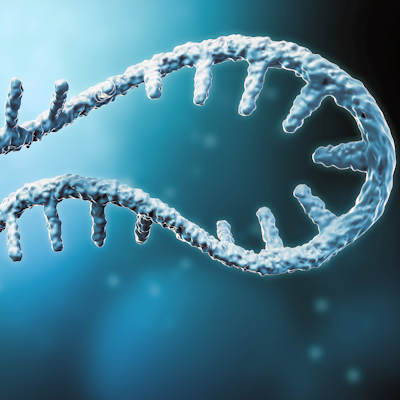November 1, 2022 -- Researchers from North Carolina State University (NC State) have developed a new method for determining which genes are relevant to the aging process. Their findings could have broader applications for research into the genetics of aging.
In their study, published October 28 in the journal iScience, the researchers experimented with a species of roundworms called Caenorhabditis elegans, which are widely used as a model for genetic and biological research. Specifically, they focused on protein aggregation in cells, which is well established as being related to aging.
First, the researchers exposed thousands of C. elegans to a chemical that induced random genetic mutations. The researchers then used an autonomous, high-throughput system that allowed them to identify which roundworms have high levels of protein aggregation in their cells without harming them, but while they're still young enough to reproduce.
The roundworms that had higher levels of protein aggregation -- which are expected to live for a shorter period -- were then separated from the others using an automated, microfluidic system and observed to see how long they lived.
Once the roundworms died, the researchers established protein aggregation and lifespan data for each of them. The roundworms with the highest protein aggregation and the shortest lifespans were prioritized for study, since there is an increased likelihood that their mutations affected their aging. Researchers then sequenced the DNA of these roundworms.
In proof-of-concept testing, they chose to do genome sequencing on the individual roundworm in their sample that had the highest level of protein aggregation. They found that it had a mutation on a gene that was not previously identified as having any relationship to aging.
Going forward, the researchers plan on focusing on this particular gene and what role it has in the aging process.
"We think the technique we've demonstrated in this paper can be used by others in the research community to help identify genes of interest and -- hopefully -- expedite research into the genetics of aging," Adriana San Miguel, PhD, corresponding author of the study and an assistant professor of chemical and biomolecular engineering at NC State, said in a statement.
Copyright © 2022 scienceboard.net









